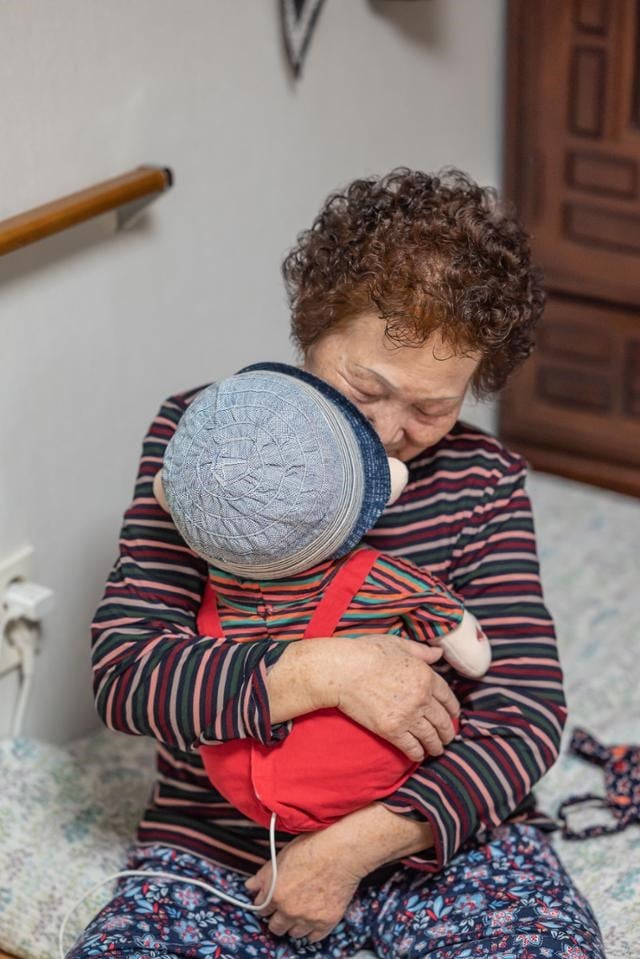
As of the end of last year, one in five South Koreans was 65 or older, making the country a “super-aged society,” leading to many challenges in health , welfare and mental health.
According to Statistics Korea, more than 20% of the current population are elderly people aged 65 and over, and this number is expected to increase to 40% by 2050. About 1/3 of the elderly live alone, many of whom feel isolated, especially in large cities like Seoul or Busan.
Many studies show that prolonged loneliness and lack of social interaction are the main reasons why the Korean government has had to consider this a "silent epidemic" in modern society.
In that context, care robots such as “Silbot”, “CareBot” or Hyodol, equipped with artificial intelligence, are gradually becoming “spiritual infrastructure” in localities with a high rate of single elderly people.
To cope with this situation, many social technology projects have been implemented in Korea, notably the "Companion Robot for the Elderly" program implemented by local governments in collaboration with technology companies.
Robots like “Silbot,” “CareBot,” and “Hyodol” can converse, remind users of medication schedules, provide exercise guidance, and recognize their emotions. Some robots can even video call relatives or social workers when they detect signs of sadness or abnormality.
According to a survey in Daegu city, after three months of using Hyodol robot, more than 70% of elderly people felt less lonely and tended to communicate more every day.
It is worth mentioning that, with a friendly voice and natural response ability, robots not only take care of but also bring spiritual comfort. Many elderly people call robots "little friends" or "grandchildren in the house".
Ms. Oh Buk-im, 74 years old, living alone in Mokpo city, Jeolla Nam province, one of the first people to experience that miracle shared: "After my husband suddenly had to move to a nursing home, I fell into severe depression."
It was the loneliness that made Oh Buk-im cry every day and feel like she was left alone. But then the robot came, talked to her and held her hand, and her spirit became better.
As for Kim Soon-ja, 82, who lives alone in Seoul, she said: “I used to not talk to anyone for days. But now, I talk to the robot every morning. It asks me if I have had breakfast, reminds me to call my son. I feel more secure and feel like someone is by my side.”
As South Korean society increasingly faces an aging population and isolation in modern urban areas, combining technology with human care seems to be a promising direction.
That's why the Korean government is expanding a program to provide companion robots to tens of thousands of households with elderly people living alone.
The goal is not only to apply technology, but also to build an intelligent mental care system where robots become a bridge between people and society. And now, robots are bringing a very humane solution to this problem.
Source: https://baovanhoa.vn/nhip-song-so/robot-giup-nguoi-gia-han-quoc-vuot-qua-co-don-179333.html








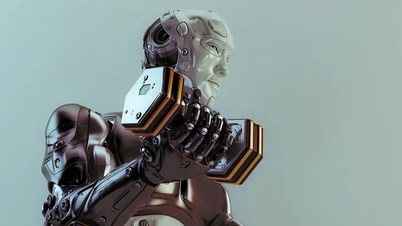









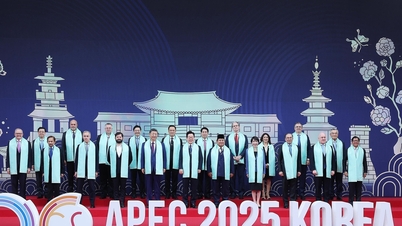

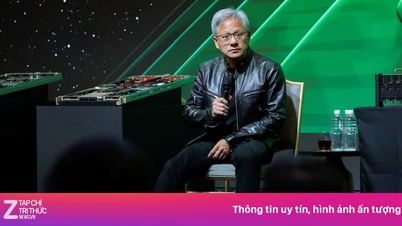

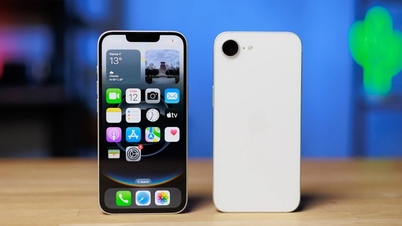
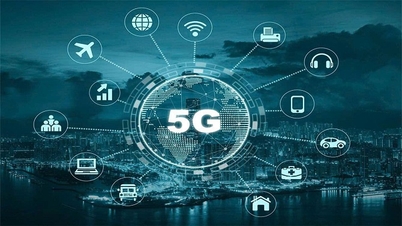

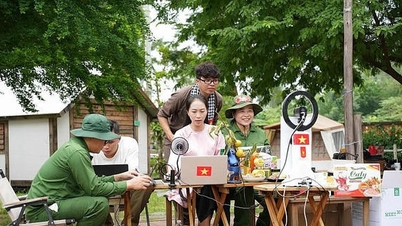













![[Photo] Opening of the 14th Conference of the 13th Party Central Committee](https://vphoto.vietnam.vn/thumb/1200x675/vietnam/resource/IMAGE/2025/11/05/1762310995216_a5-bnd-5742-5255-jpg.webp)


















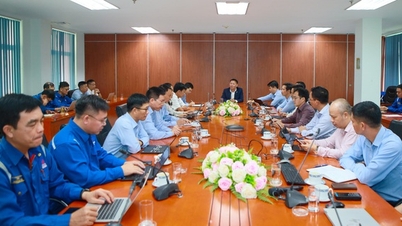



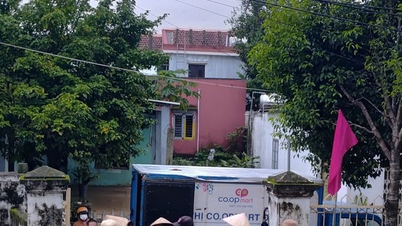
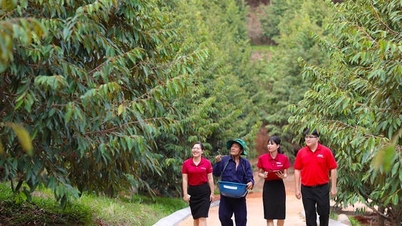



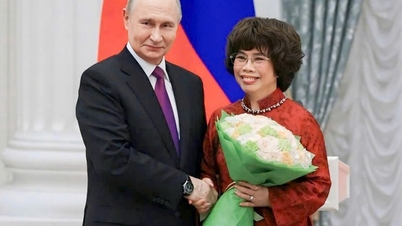









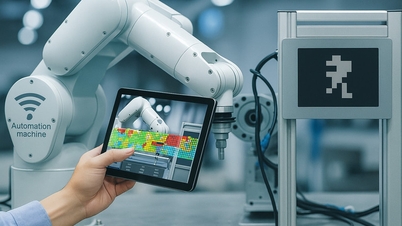





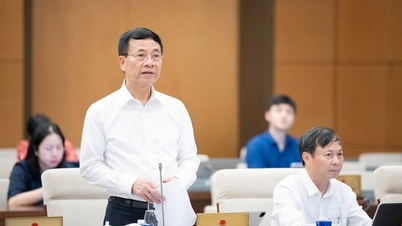







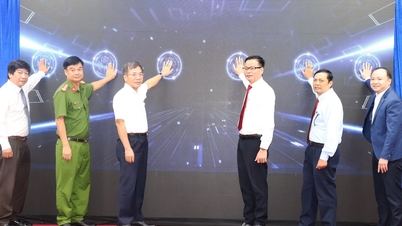


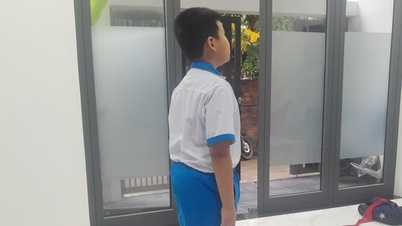
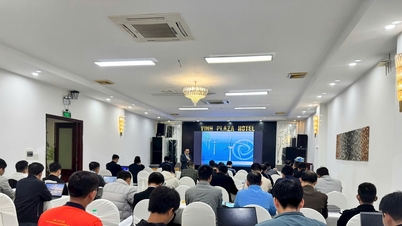



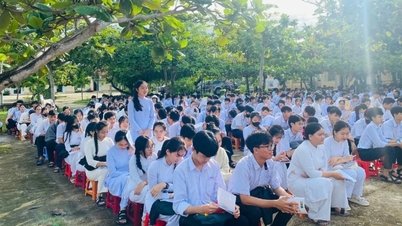










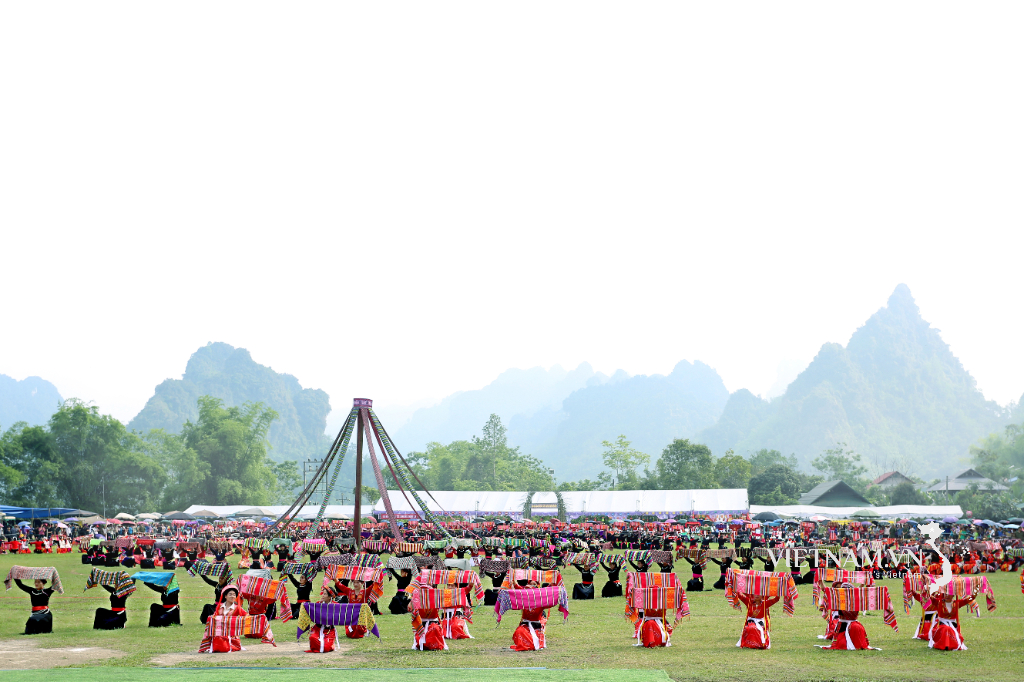


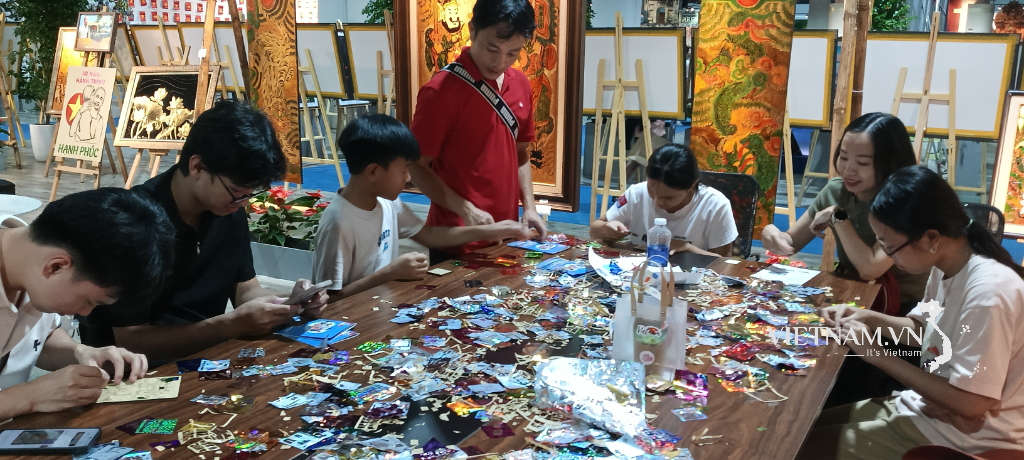
Comment (0)